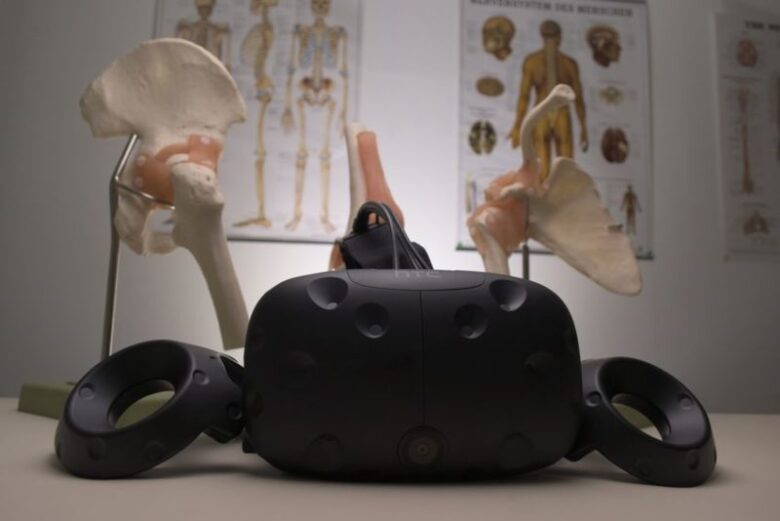Long ago, Virtual Reality was considered as a smart weapon of the Entertainment industry. People used to wear VR headsets to enter into the Dinosaur world, sit in a Roller Coaster, or visit museums and art galleries. But now, technology is proving to be a beneficial tool for various other industries – and Healthcare is no exception.
Today, Virtual Reality is highly in practice in the healthcare industry to reap the benefits of the virtual world in delivering better services to patients, doctors, and others as well as earn higher market reputation. By introducing in the mobile application development process, various healthcare practitioners are employing the technology to better engage their audience and make a better future – a consequence of which is that it has emerged out as one of the healthcare app trends to consider in 2019.
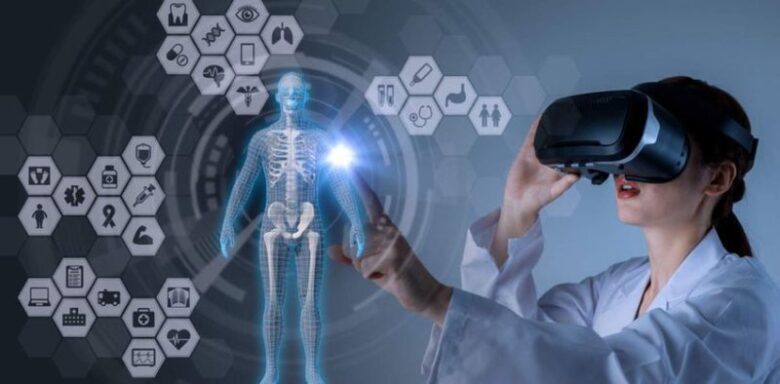
Surprised? Wish to know what exactly is the role of VR in the healthcare sphere? And what benefits do the technology offer to the health and medical practitioners, patients and others?
Here are a few of the benefits of Virtual Reality in the Healthcare industry:
Improved Diagnosis
Virtual Reality converts MRI/CT scans into visually-appealing and interactive images. This makes it easier for the doctors to identify the symptoms, understand the medical condition, and thus, look forward to proposing a treatment plan at the earliest.
Besides, the technology helps doctors with taking continual medical measurements of the patients such as blood pressure, heartbeat rate, oximeter readings, etc., and storing these values into Machine-learning based software and tools. This information is made accessible anytime and anywhere, which eventually make it possible to lessen the chronic illness and associated cost
Better Patient Consultation
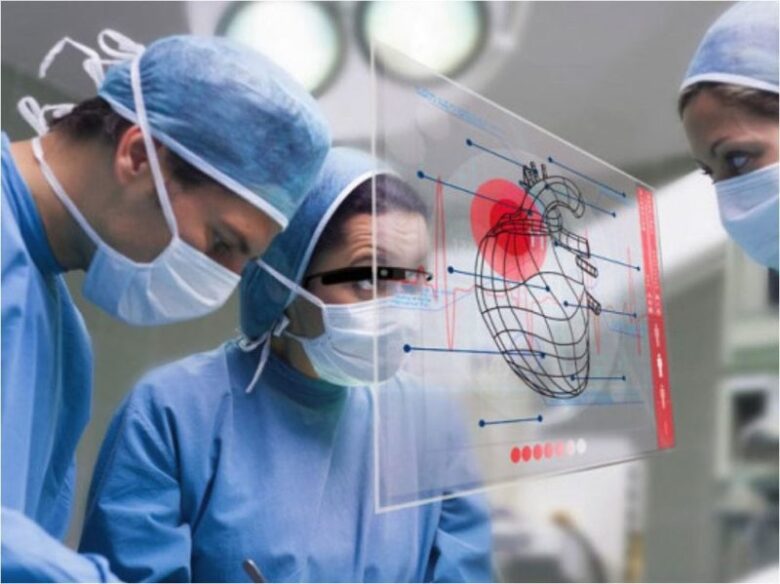
With the help of 360-videos and 3D interactive content, VR technology helps doctors to simplify the concepts and disclose to their patients in an effective and seamless manner. It lowers down the chances of miscommunication and doubts, resulting in faster decisions and better treatments.
Less Chronic Pain
Virtual Reality has also proven to be helpful in dealing with chronic pain. The technology immerses patients into different situations and activities that distract their mind from their pain perceptions. This eventually makes it easier for medical doctors to treat their patients quickly and effectively – without facing any consequence of fear, pain, or other such experiences.
Seamless Remote Monitoring
Another advantage of considering VR in healthcare app development is that it streamlines the remote monitoring process. The technology gives healthcare practitioners an escape from visiting the remote areas physically while going through various hassles. Also, it gives relief to patients who couldn’t manage to get healthcare services at the right time because of residence in remote areas.
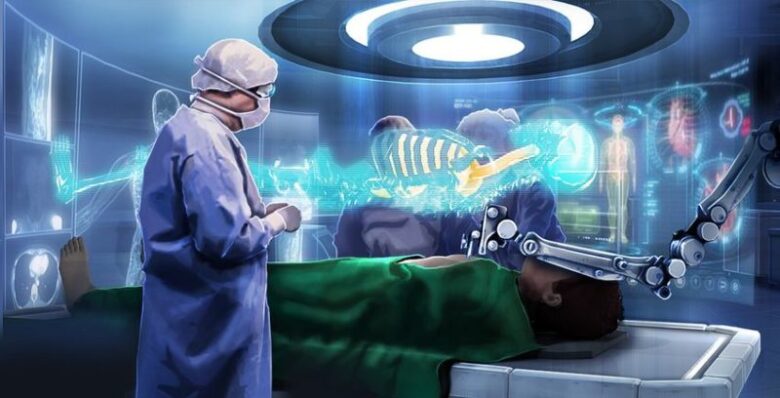
Wondering how? The technology makes it possible for the patients and healthcare practitioners to connect with each other in real-time and have a consultation – and that too without stepping out of their space.
Enhanced Mental Health
The technology is also used in rehabilitation and other centers dealing with the mental health of the patients. It helps the health practitioners to expose users to different virtual worlds to help them fight with their fear, anxiety, and other negative feelings. And eventually, make their mind and body stable sooner.
Revamp Lifestyle
VR-enabled apps, as shared by VR experts at Appinventiv, also play a pivotal role in educating patients about what habits they should follow and what not. These applications also provide them with customized tips and plans. And, in this way, these apps encourage users to live a positive and healthy lifestyle.
Effective Training
Above all, VR technology helps the medical students to get a sound practical knowledge of every concept and treatment plan. It provides them with 360-degree videos and 3D interactive content which empower them to gain information about the concepts and processes in a simpler and effective way. It enables them to perform ‘hands-on’ medical procedures and even interact with virtual patients to enhance their skills. And most importantly, without putting their lives into an unhealthy environment.
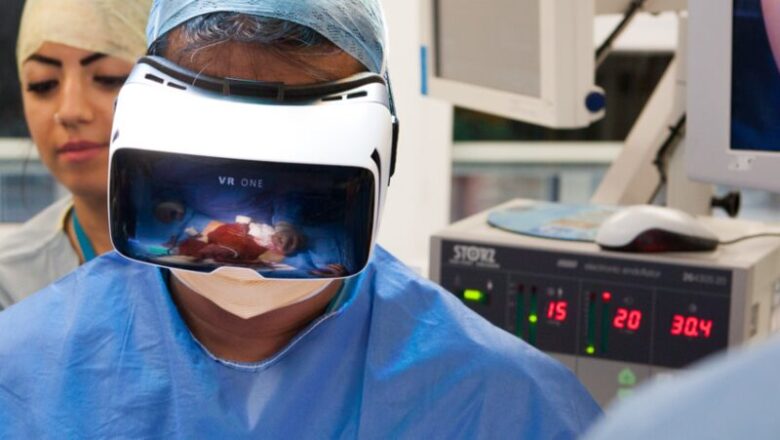
This increases their focus and interest in the learning and training process, and helps them to easily grasp and concept and come up with effective feedback.
So, here are some of the ways Virtual Reality is making a disruptive transformation in the Healthcare arena and bringing the dire need of developing a VR-based app. To know more about such benefits and applications of VR in healthcare, leave a comment below.


